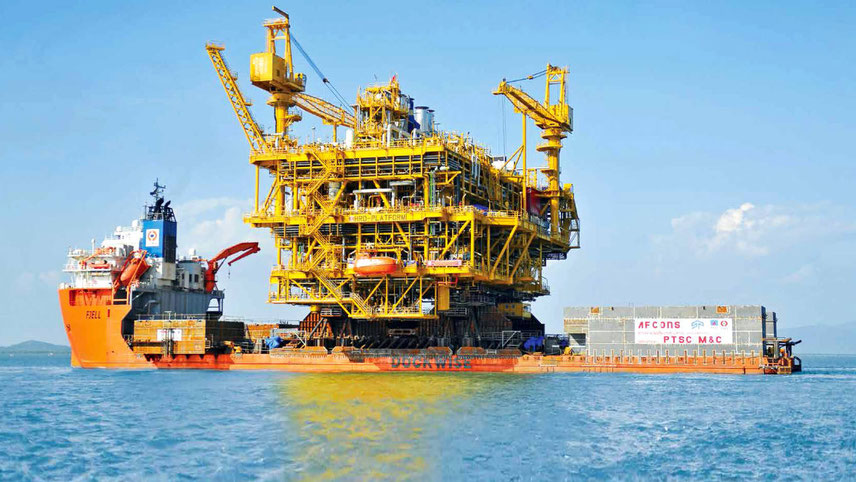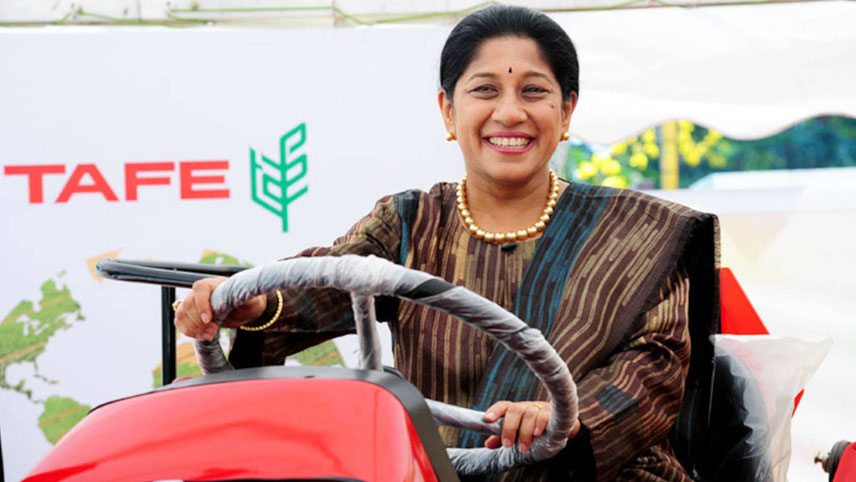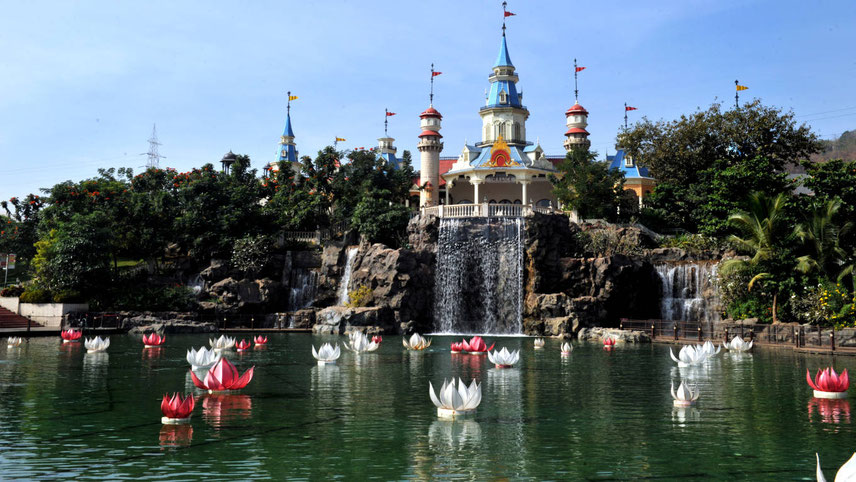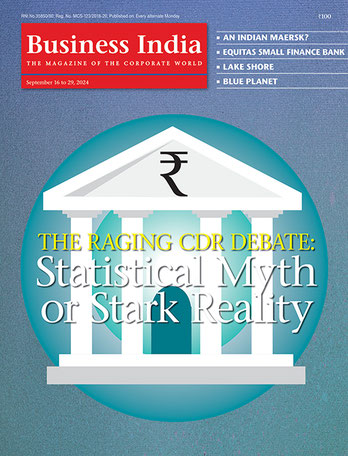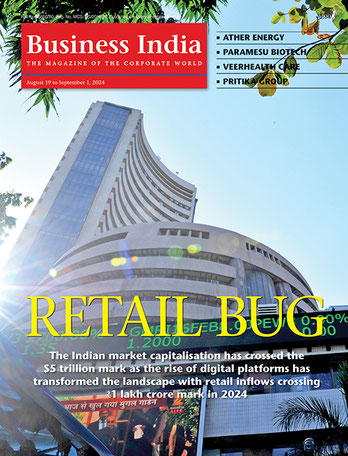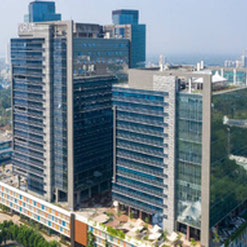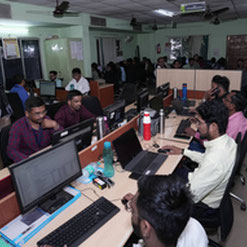Recently, Pakistan had signalled a softening of its stand that it would not talk to India before a full rollback of the changes in Jammu & Kashmir. Although both India and Pakistan have been cautious not to link their reaffirmation of the ceasefire in February, reached by the DGMOs of both sides, to any wider improvements in ties, it was apparent that a backchannel process had been at work. There are reports that the UAE, with a large population of Indian and Pakistani immigrants, is the latest broker in the peace process. There were expectations that the ceasefire could turn out to be the first step towards other moves to normalise ties. After all, it is not every day that the Pakistan army chief, Qamar Javed Bajwa, suddenly starts talking about economic integration of the sub-continent. Yet it has now turned out to be a case of so near, so far. A day after the Economic Co-ordination Council (ECC) of his government called for allowing imports of sugar and cotton from India to control prices and overcome shortages, a cabinet meeting chaired by Prime Minister Imran Khan rejected the decision. As per a statement issued on the occasion, the move to permit imports from India was “deferred till Article 370 is not restored in Kashmir”. By effecting this u-turn, Islamabad has shown that it continues to be a hostage to the Kashmir issue and anti-India rhetoric. Reports from Pakistan suggest that, while the Commerce Ministry headed by Imran moved the proposal at the ECC, Foreign Minister Shah Mehmood Qureshi, along with Interior Minister Sheikh Rashid and Human Rights Minister Shireen Mazari, opposed the re-opening of trade with India. Mazaari had, in fact, tweeted against the decision on Indian imports hours before the cabinet meeting. There were many reasons to believe that the thaw in trade ties between India and Pakistan was genuine. Over the last few months, there has been pressure from the Pakistan textile lobby for resuming import of Indian cotton yarn with cotton prices in Pakistan touched a 11-year-high of Rs11,700 per maund. Prices have been rising due to a steep fall in cotton yields in Pakistan. There is a shortage of white sugar as well, which was earlier met through imports from India. The demand for sugar had spiked because of the coming Ramadan period. Inflation in Pakistan has crossed 9 per cent. Beyond the immediate economic impact, trade has the potential to act as a confidence-building measure between the two countries by forming established channels of communication. As countries build economic cooperation and interdependence, as the integration of Europe showed, they also significantly reduce their chances of going to war as the cost of going to war means forgoing economic benefits. That’s why the decision to resume trade with India was welcomed by a section of the civil society there.
-
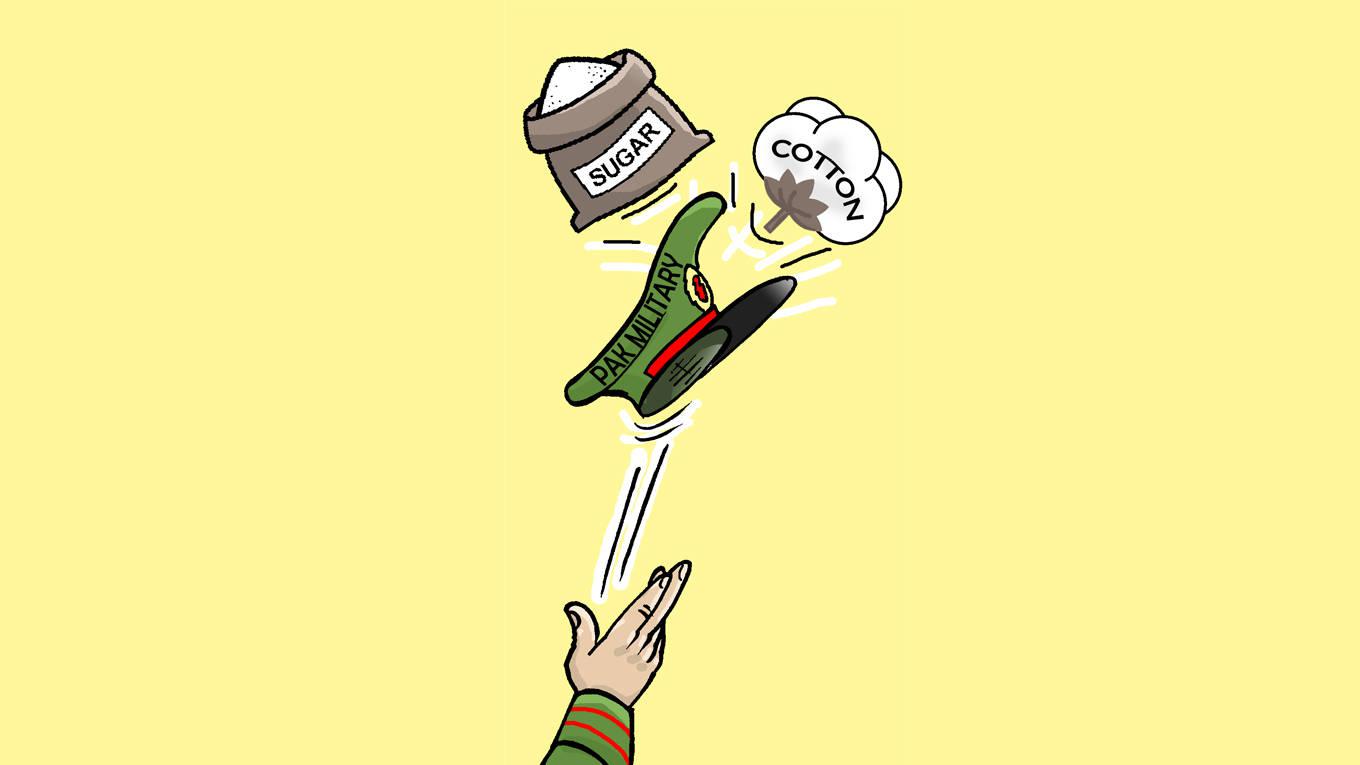
Illustration: Panju Ganguli













